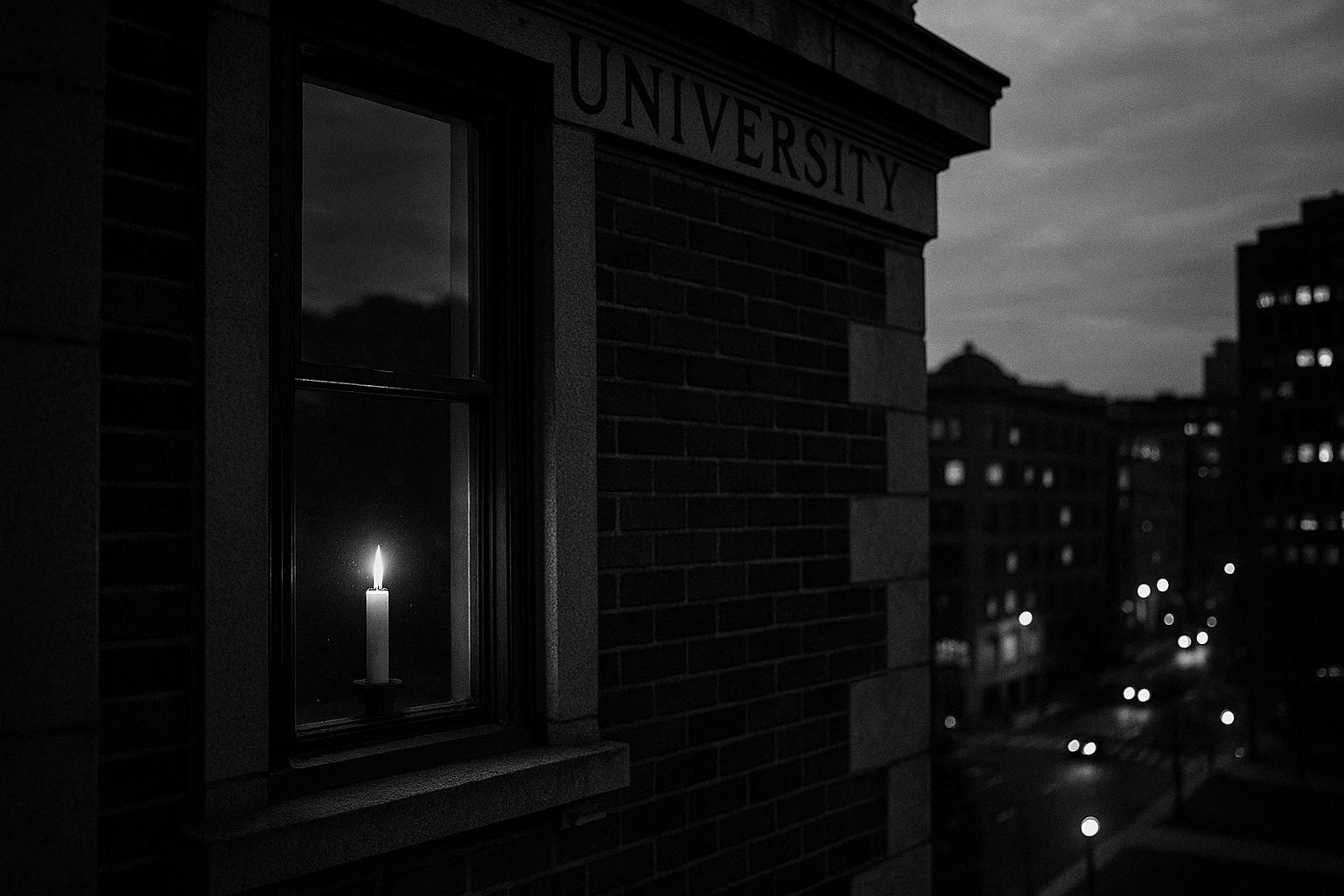Following a deadly attack outside a synagogue in Manchester during Yom Kippur, the British government has called on universities across the UK to take stronger, more decisive action to protect Jewish students from antisemitism. The government underscored the urgent need for educational institutions to use all available resources and powers to confront hate, misinformation, and division on their campuses.
Education Minister Bridget Phillipson, addressing university vice-chancellors, emphasised that “one instance of antisemitic abuse is one too many” and made it clear that universities bear the responsibility for eliminating hate on their grounds. Speaking in a government statement, she urged university leadership to adopt "practical and proportionate steps" to ensure campuses remain safe and inclusive environments. This directive follows recently implemented regulations that require universities to maintain clear anti-harassment policies and reporting mechanisms for all forms of harassment.
The call to action comes in the wake of a brutal attack on October 2, 2025, when Jihad Al-Shamie, a 35-year-old British man of Syrian descent, deliberately drove a car into pedestrians before stabbing people near the Heaton Park Hebrew Congregation Synagogue in Manchester. Al-Shamie killed two men, Adrian Daulby and Melvin Cravitz, both Jewish worshippers attending services on the holiest day in the Jewish calendar. He was armed with knives and reportedly wore an explosive belt before being shot dead by police at the scene. Subsequent investigations revealed that Al-Shamie pledged allegiance to Islamic State and was believed to have been influenced by extremist Islamist ideology, despite having no prior radical referrals. The attack has profoundly impacted the Jewish community and has sparked a wider debate on rising antisemitism, accentuated by recent global tensions surrounding the Israel-Gaza conflict.
Data from the UK's Community Security Trust highlighted that Britain recorded over 3,500 antisemitic incidents last year, marking it as the second-worst year on record for antisemitism. Furthermore, government statistics revealed that Jewish people suffered the highest rates of religious hate crimes across England and Wales in the year leading to March 2025. These figures underline growing concerns about safety and acceptance faced by Jewish communities, not only in the UK but internationally.
Similar challenges have surfaced within the United States, where reports of antisemitic incidents on college campuses have surged amid the Israel-Gaza war. The Trump administration threatened to withhold federal funds from universities perceived as tolerant of antisemitic rhetoric during pro-Palestinian protests. Some institutions acknowledged the need for improvement but contested the approach of defunding research as ineffective. For example, the University of California, Los Angeles, criticised the federal penalty, arguing it did little to address discrimination. Columbia University in New York City reached an agreement with the federal government to restore funding contingent on demonstrable efforts to combat campus antisemitism.
In Britain, universities have responded with commitments to their Jewish students and staff. The University of Oxford expressed shock and sorrow over the Manchester attack and reaffirmed its zero-tolerance stance on antisemitism, encouraging reports of any harassment and providing dedicated support services. Similarly, the University of Manchester conveyed solidarity with their Jewish community, emphasising that hate has no place on campus and vowing to maintain a safe environment where diversity and dignity are respected. Their Vice-Chancellor personally visited the synagogue and took part in vigils to show support.
The attack in Manchester occurred amid an atmosphere of heightened tensions and inter-communal hostility across the UK. Just days later, a suspected arson attack targeted a mosque in Peacehaven, England, damaging property but causing no injuries. Authorities are treating this as a hate crime and have intensified police presence at religious sites, reflecting official concerns over rising hate crimes linked to international conflicts. Political and community leaders have united in condemning such acts, calling for mutual respect and solidarity between communities.
The government and universities face a critical moment to reinforce safety, inclusivity, and mutual understanding on campuses, equipping young people with the tools to identify and challenge misinformation and hatred. As education minister Phillipson highlighted, eliminating antisemitism and all forms of hate on campuses is a non-negotiable priority supported by government authority to ensure that no student faces abuse or discrimination for their identity.
📌 Reference Map:
- Paragraph 1 – [1], [2]
- Paragraph 2 – [1], [3], [4]
- Paragraph 3 – [1], [2]
- Paragraph 4 – [1], [2]
- Paragraph 5 – [1], [2]
- Paragraph 6 – [6], [7]
- Paragraph 7 – [5]
- Paragraph 8 – [1], [2], [6]
Source: Noah Wire Services
